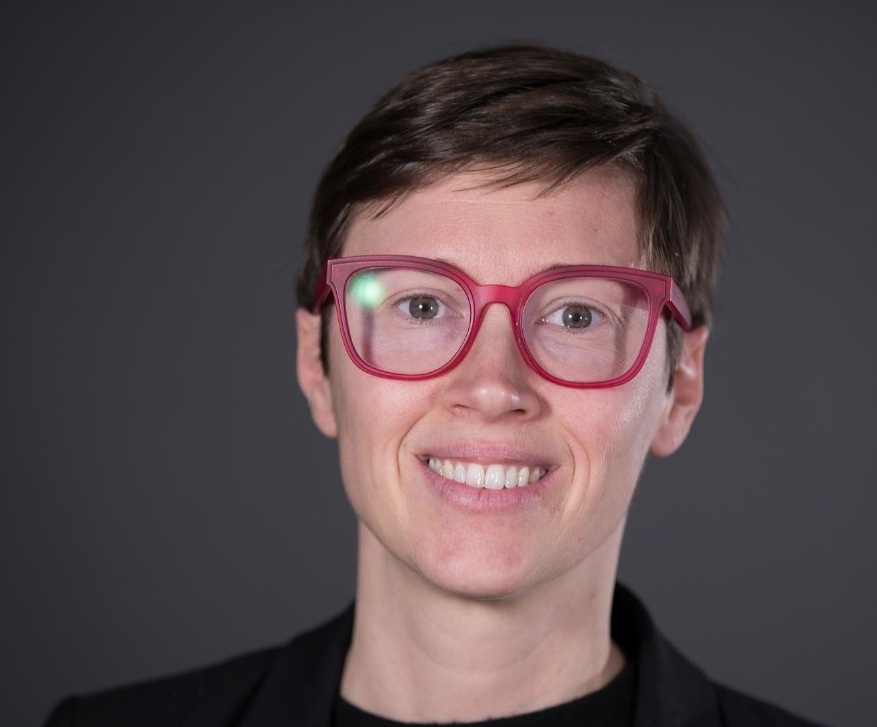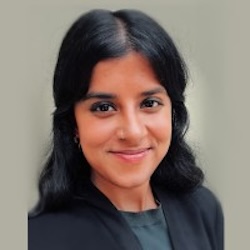PhD Network
The PhD Network leadership includes representation from across the Northeastern Global University System.
Vice Provost for the PhD Network
PhD Network Team
Wendy Eaton
Director, LEADERs Partnership Relations
Terry Marroquin
Director, LEADERs Partnership Programs
Eleanor Finnegan, PhD
Director for the PhD Network
Marya T. Mtshali, PhD
Associate Director for Operations and Student Services
Marya is the Associate Director of Operations and Student Services, where she leads the development, management, and execution of operations and processes for PhD students and postdoctoral research fellows. In this role, she applies her strong leadership skills, ability to collaborate across disciplines, and a systems-thinking approach to ensure that students receive comprehensive support. Her extensive experience in both academia and industry makes her particularly well-equipped to guide doctoral students through their educational and career paths.
She joined the PhD Network in the summer of 2024 after serving as an Assistant Professor of Sociology at Bucknell University. Marya received dual Bachelor of Science degrees in Marketing and Sociology from Arizona State University, earned her PhD in Sociology from Boston College, and completed a postdoctoral research fellowship at the Harvard Kennedy School. She has also taught at Harvard, Wellesley, and Clark University.
Before transitioning to higher education, Marya built a diverse career in consulting, finance, and the non-profit sector, with experience at Vanguard, MassMutual, and Jane Doe, Inc.: The Massachusetts Coalition Against Sexual Assault and Domestic Violence. She also served on the advisory board for the Lemann Program on Creativity and Entrepreneurship for three years and is currently on the board of directors for Bi Women Quarterly.
Originally from South Carolina, Marya has also lived in Arizona and South Africa. In her free time, she enjoys traveling, gardening, reading, exploring nature, engaging with arts and culture, and spending time with her pets and her partner Michelle.
Amanda Waterson
Administrative Operations Manager
Divya Chandramouli, PhD
Postdoctoral Research Associate:
PhD Cross-disciplinary Education
Graduate deans responsible for PhD education within and across the colleges.
Amal Ahmed
Associate Dean
Amal Ahmed is an associate professor of computer science at the Khoury College of Computer Sciences at Northeastern University. Within programming languages, she is particularly interested in semantics and type systems for reasoning about imperative code, concurrency, security, compiler transformations, and provenance.
Before joining Northeastern, she was an assistant professor at the School of Informatics and Computing at Indiana University for three years, a research assistant professor at the Toyota Technological Institute at Chicago for three years, and a postdoctoral fellow at Harvard University for two years. She received her doctorate in computer science from Princeton University in 2004.
Ahmed’s research involves programming languages and compiler verification with a focus on type systems, semantics, secure compilation, gradual typing, and software contracts. Her work scaling the logical relations proof method to realistic languages with various features was widely used for the correctness of compiler transformations, soundness of advanced type systems, and verification of fine-grained concurrent data structures. Ahmed recently developed the first proof architecture for verifying multi-pass compilers in the presence of inter-language linking of compiled code.
Ahmed has served on numerous program committees in her field of programming languages, including ACM SIGPLAN Symposium on Principles of Programming Languages, ACM SIGPLAN International Conference on Functional Programming, IEEE Symposium on Logic in Computer Science, and the European Symposium on Programming. She has been a regular invited lecturer at the annual Oregon Programming Languages Summer School and twice served as co-organizer. She is a member of IFIP WG 2.8 (Working Group on Functional Programming) and has served on the steering committees of ACM SIGPLAN International Conference on Functional Programming, Programming Languages Mentoring Workshop, and ACM SIGPLAN Workshop on Types in Language Design and Implementation. Her awards include an NSF Career Award, a Google Faculty Research Award, and a George Van Ness Lothrop Fellowship.

[email protected]
617-373-5410
Mark Niedre
Associate Dean for PhD Education; College of Engineering
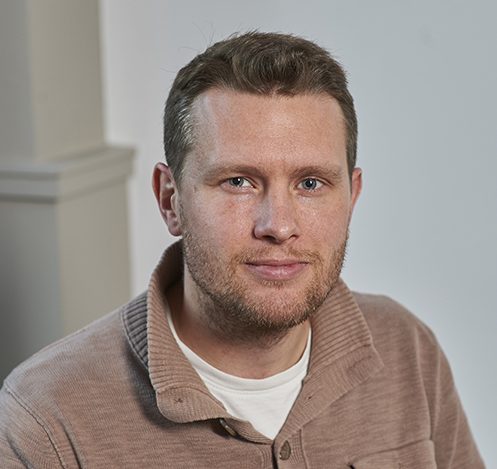
[email protected]
617-373-4027
Casper Harteveld
Associate Dean for Graduate Programs, Professor; College of Arts, Media and Design
Dr. Casper Harteveld is a Professor of Game Design at Northeastern University, has affiliated appointments in Computer Science, Electrical & Computer Engineering, Mechanical & Industrial Engineering, and with the School of Law, and works closely with faculty in Marine Science and Public Policy. His research focuses on using games to study and improve decision-making, and through these efforts both to advance our knowledge and to engage a broad cross-section of people globally about societal issues. He applies games especially in areas where it is challenging to study and educate in natural environments and collects detailed and expansive behavioral data in a controlled manner.
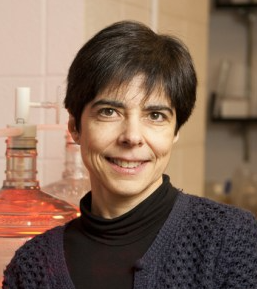
[email protected]
617-373-6166
Carla Mattos
Professor, Chemistry and Chemical Biology; College of Science
GTPases of the Ras Family; Protein Interactions; Protein X-ray Crystallography; Solvent Mapping of Protein Surfaces; Structure Based Ligand Discovery
Research in the Mattos Lab focuses on understanding the rules that govern the recognition, assembly and function of macromolecular complexes. It is clear that macromolecular interactions are central to the proper functioning, regulation and specificity of any cellular process, for example, signaling, transport, and replication. We are particularly interested in the protein-protein interactions that allow these assemblies to form in a specific manner. We are also interested in how small ligands are able to mediate or interfere with these interactions.
The biological system studied in this lab involves a group of closely related members of the Ras superfamily of GTPases. The protein-protein interactions mediating signal transduction pathways in which these GTPases are involved result in diverse and highly specific biological outcomes, including the control of cell proliferation, cell motility, transport of proteins across the nuclear membrane and many others. Ras and its family members normally have a disordered active site, which explains the intrinsically slow rate of GTP hydrolysis measured for these enzymes in solution. The active site is modulated by protein binding partners in both its regulation and in interaction with effector proteins which propagate signaling. In addition, our group has recently discovered an allosteric mechanism through which binding of ligand at a remote allosteric site orders the active site in Ras, suggesting a new mechanism for the intrinsic hydrolysis reaction. We are actively investigating this mechanism, the components of the allosteric switch and how it is impaired in a variety of mutants.
The Mattos lab is also engaged in the study of protein binding sites and differences in properties of sites of protein ligand interactions versus binding sites for water molecules. We work on the development of methods to study solvents and their functional roles on the surfaces of proteins. The MSCS method is a powerful tool based on X-ray crystallography. It involves using organic solvents and small solutes as molecular probes to protein surfaces in order to both locate and characterize sites of protein-protein or protein-ligand interactions. In general, the method consists of growing crystals of the target protein in aqueous mother liquor and crosslinking the crystals with gluteraldehyde. This makes the crystals less likely to dissolve once transferred to organic solvent/water mixtures. Typically the soaking solutions contain at least 50% by volume of an organic solvent such as dimethylformamide, trifluoroethanol, isopropanol, cyclopentanol, etc. About ten crystal structures of the protein are obtained, each in a solvent condition, and the models are superimposed for analysis. Remarkably, the organic solvent molecules displace water molecules primarily at sites that evolved as binding sites. The superimposed structures therefore reveal clusters of organic solvents at hot-spots within protein binding pockets. Most recently we developed the program entitled Detection of Related Solvent Positions (DroP) for the analysis of crystallographic water molecules and other solvents across several structures of the same or related proteins. It is also the primary analysis tool for MSCS data sets. The method takes into account space group symmetries, raking of water conservation among a set of structures, and renumbering of water molecules according to the rank so that a water molecule at a given protein binding site has the same number in all structures. Use of DRoP allows for a more straight-forward correlation between structure and function of solvents on protein surfaces.
The tools used in our laboratory include protein crystallography, computational biophysics, molecular biology and biochemistry. In addition we collaborate with cell biologists to correlate our structural biology work with results obtained in the context of the cellular environment.
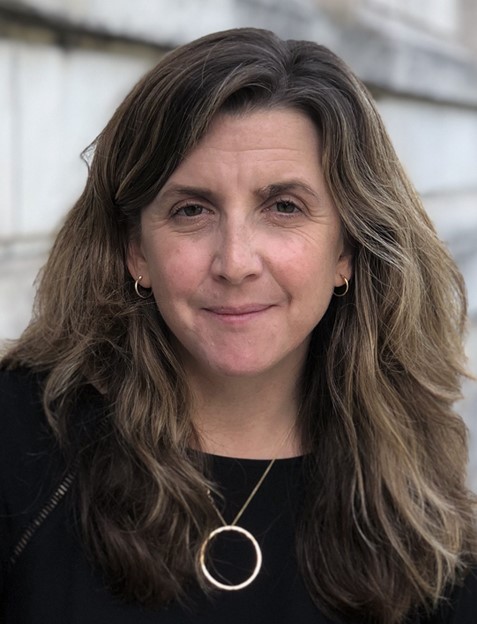
[email protected]
617-373-2583
Jennifer Kirwin
Associate Dean of Academic Affairs and Clinical Professor, School of Pharmacy
Professor Jennifer Kirwin joined Northeastern's faculty in 2007 as an Associate Clinical Professor and became the Associate Dean of Academic Affairs after serving as Director of Undergraduate and Professional Programs. She holds a doctoral degree from the School of Pharmacy at Northeastern. Professor Kirwin is a Board Certified Pharmacotherapy Specialist and specializes in ambulatory pharmacy practice. Her current research is in medication adherence.
Thomas Vicino
Associate Dean of Graduate Studies, College of Social Sciences & Humanities; Professor of Political Science, Public Policy & Urban Affairs
Professor Thomas J. Vicino is the Associate Dean of Graduate Studies in the College of Social Sciences and Humanities. He is appointed as Professor in the Department of Political Science and holds a joint appointment in the School of Public Policy and Urban Affairs. Previously, from 2017-2019, he served as Chair of the Department of Political Science; and from 2011-2017, he served as the Director of the Master of Public Administration Program. In 2014, Prof. Vicino was a U.S. Fulbright Core Scholar to Brazil, where he was a visiting professor of political economy in the Graduate Program in Social Sciences at Pontificia Universidade Catolica (PUC Minas) in Belo Horizonte, Brazil. He teaches at the graduate level in the MPA, MPP, and MUPP Programs. At the undergraduate level, he teaches in the political science major and the urban studies minor.
Professor Vicino specializes in the political economy of cities and suburbs, focusing on issues of metropolitan development, housing, and demographic analysis. He is the author of four books, including: Suburban Crossroads: The Fight for Local Control of Immigration Policy (2013) and Transforming Race and Class in Suburbia: Decline in Metropolitan Baltimore (2008) and co-author of Global Migration: The Basics (2014) as well as the bestselling book Cities and Suburbs: New Metropolitan Realities in the US (2010). He has also published numerous book chapters and research articles in peer-reviewed journals. Currently, he serves on the Governing Board of the Urban Affairs Association, holding the elected position of Vice Chair.




